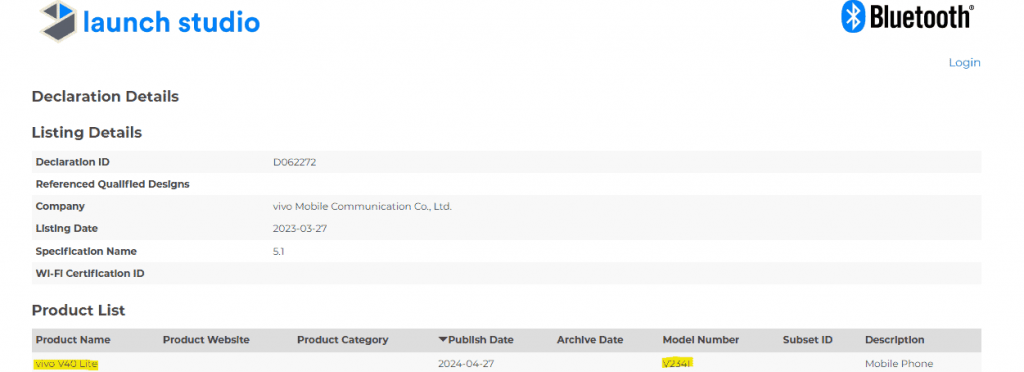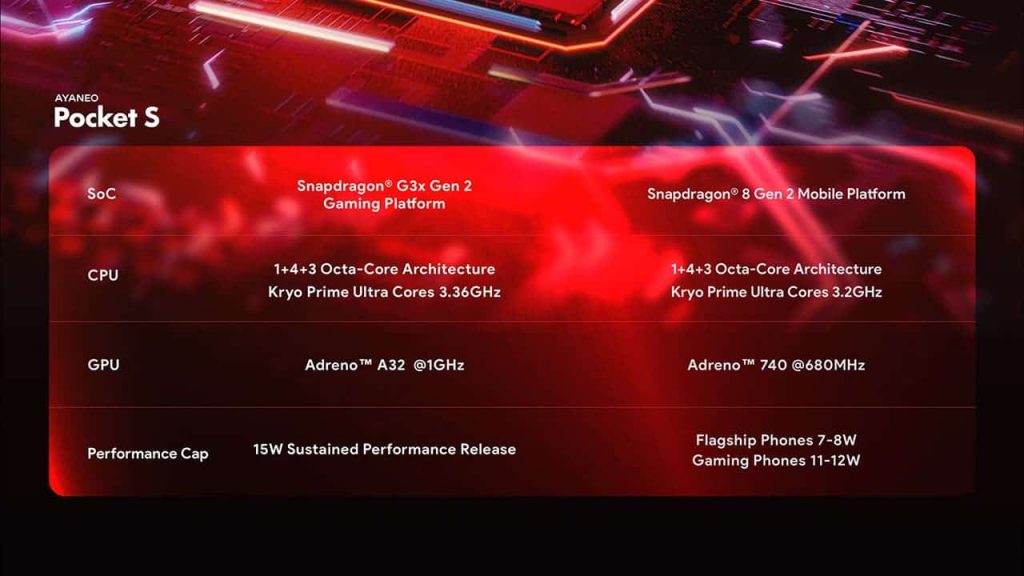The role of contemporary technologies in the digital realm has become more and more important in the fast-paced digital era. With schools that face the complicated demands of modern education for survival, it’s important to highlight the particular technologies that can lift the educational level. One such technology that has a gained is web-based schools.
Providing Technology Education in Schools
Technology has evolved to be an indispensable tool in the field of education and is now changing the methods of student learning, teachers’ teaching, and school administration. Interactive Whiteboards and educational apps are just some of the examples integration has enabled. The new technologies and prospect of endless opportunities only add to the attractiveness. Through the use of such devices, schools can foster participation among students develop education, and simplify the matters that administrators often tackle daily.
ERP Software: A Rise Of Online Models
During the online school ERP software is to be developed all functionalities including student affairs supervision web website creation and human resource tracking need to be covered. The platform-based cloud systems give schools a centralized structure to track their daily operations with ease. This makes it easier to gather, process, and analyze crucial data, facilitate smooth communication, and well proper utilization of the available resources.
- Student Information Management: Online school ERP system allows the management of student records in one, super-convenient place, covering enrollment, attendance, grades, and transcript records. Such data is found in the cloud which is a secure place, thus ensuring the uncomplicated access of the teachers, administrators, and parents.
- Financial Management: Usually, these platforms have modules dedicated to financial accounting, so the guidance will help schools handle the cash flow, keep track of expenses, and create financial reports easily. Specifically, this feature allows schools to make more accurate planning and also track financial activities in the process of real transparency.
- Human Resource Management: Being an ERP system for the online school, it often includes the Human Resources part of the system, for example, keeping personal records of employees, payment processing, and managing leaves. It simplifies administrative work and helps schools to be compliant with labor requirements since it will be closely monitored.
- Communication and Collaboration: An important benefit provided by many online school ERP systems is the communication tools, which include messaging, calendars, and portals for parents. These functions promote the making of the triad of the teachers, staffers, and parents by making them all communicate similarly.
- Reporting and Analytics: Most online school ERP software comes with strong reporting systems that help educational institutions analyze their work and develop their actions upon the gathered data. It could point out what needs to be done, what the strengths of the organization are, and what could be measured to show success.
Why Online School ERP Software Should Be Adopted
The implication of online school ERP software will be hugely advantageous for schools, and in a sense, it will bring an educational revolution.
- Improved Efficiency: The ERP system in online schools can automate routine tasks like data processing and minimize administrative issues by centralizing data management. This eliminates the need for teachers and administration to devote time to non-core tasks and thus frees up resources for effective teaching and student support.
- Enhanced Communication and Collaboration: The internet-based communication and partnership components of online school ERP software assist in the effortless process of getting the information across as well as collaborating on the project. As a result, the school will be further able to foster these initiatives and provide informed decision-making which will ultimately lead to a stronger partnership between the school and the community.
- Data-driven decision-making: The coverage and analytics of the platforms give the school district the upper hand to make viable decisions about expenditure, curriculum formulation, and strategic planning.
- Cost Savings: The integration of online school ERP software into the administrative processes of education systems means less need for human input and allows the system to handle most of the data entry. With the online systems being in place less money is spent on administration, money that can be reallocated to other projects related to the quality of education.
- Scalability and Flexibility: At the core, the online school ERP solution is scalable and follows the cloud feature, a factor that enables schools to grow or change without investing in expensive hardware.
Important Factors to Keep in Mind When Opting for an Online School ERP Software
- Functionality: Make sure the software you choose meets the individual requirements of your school, for example, student records management, financial accounting, HR management, and communication devices
- Ease of Use: Select a platform that has a friendly user interface, so that students and staff can easily recognize and navigate the platform.
- Data Security: Give preference to the applications that provide powerful safety techniques for data, like encryption, backup, and disaster recovery, to save private pupil and school information.
- Vendor Reputation and Support: Assess the vendor’s history, customer satisfaction, and the level of support they provide. This can reduce the implementation and further usage of the software thus leading to success.
- Integration Capabilities: See that you obtain a solution that can merge smoothly with other educational technologies, for example, learning management systems and assessment tools, to build a uniform technology environment.
Implementing Online School ERP Software: Best Practices
The success of the online school ERP software implementation depends on the effectiveness of the applied and carried out strategy. undefined
- Establish a Clear Implementation Plan: Develop a thorough implementation plan with the timeline, means, and responsibilities for everyone on the project.
- Engage Stakeholders: Include teachers, workers, and parents in the decision-making process to guarantee that the selected solution meets the requirements of their needs and problems.
- Provide Comprehensive Training: Invest in robust training for users, involving all in getting accustomed to the software’s tools and functions.
- Develop a Change Management Strategy: For change to be adopted, any resistance to the change needs to be planned for by implementing a detailed communication strategy and provision of continued support.
- Continuously Monitor and Optimize: Routinely review the functionality of the ERP software for the online school ERP application and offer amendments to streamline its use and guarantee the best benefits.
Conclusion
As the world of the learning system develops, the input of technology is the key to schools surviving and succeeding. The online command center for schools (ERP software) is a powerful device that can coordinate all operating processes, conduct efficient communication, and regulate data-driven decision-making. By wisely using and applying these strategies, schools can increase the level of effectiveness, collaboration, and educational excellence in general which in turn may be of great benefit to the whole school community.
Online school ERP software is no doubt a transformative technology for schools. Hence, it is distinct from the conventional school management systems in several ways.
The category of online school ERP software is based on the cloud and offers a bundle of tools that are helpful in the management of various USIDs and also affect human resources management. The implication is that, although the physical institutions of on-campus school management systems remain the same, they can be accessed at any place, are scalable in size, and mostly have more advanced features and functionalities.
Explain the main characteristics of online school ERP software
The online school ERP software normally will have the following characteristics student information management, financial accounting, human resources management, communication and collaboration tools, and high-end analytical and reporting tools.
In what ways, can the school ERP software generate efficiency and communication in a public school?
The automation of administrative jobs, the centralizing of data management, and the facilitating of smooth communication and collaboration would with no doubt, increase the performance of the schools’ operations system. Their task becomes more simplified as they are now allowed to focus on their main responsibilities and also facilitate fruitful interaction among the members of the school community.
What if the school should be taken into consideration before choosing an online school management system?
The forefront of every consideration process during the selection of an online school ERP software must include features of functionality, simplicity, data security, credibility of vendors, and support services, as well as integration capabilities with other educational solutions.
How can we install the best educational management software package for online schools?
The best practices for an online school ERP software implementation include establishing a well-thought plan, referring all stakeholders to the new system, providing a detailed training program, developing a strategy regarding change management, and regularly following and optimizing software usage.
Via: gadget-rumours.com










